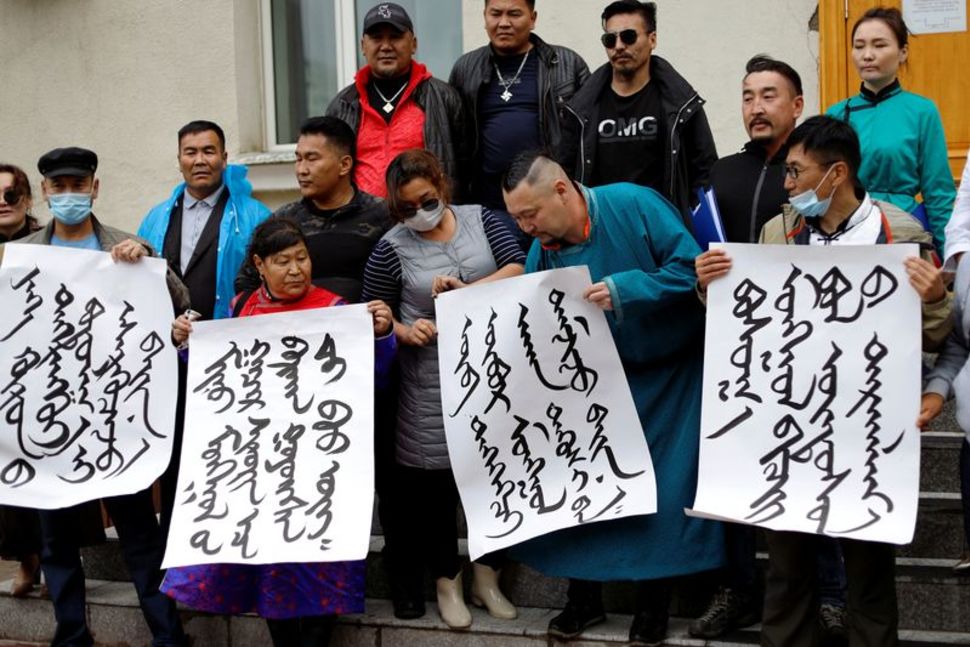By Choekyi Lhamo
DHARAMSHALA, Sept. 17: More than 4000 protestors were arrested in the Chinese controlled Inner Mongolia where the natives are demonstrating against the “bilingual policy” introduced on Sept. 1. Advocacy group Southern Mongolian Human Rights Information Center on Monday said that at least nine Mongolians have lost their lives in the violent crackdown by Chinese authorities.
The protestors estimated to be in thousands led to curfews at different school sites in videos circulated by the advocacy group. It showed crowds of students and parents gathering outside schools to protest the government’s move. The new guidelines require elementary and secondary school subjects including history, politics and language to be taught in Mandarin.
The group claims that the Chinese are conducting “massive student hunts” and estimates that at least 4,000 to 5,000 have been placed under some form of police custody during the past three weeks. The Inner Mongolian regional education authorities have defended the curriculum change in an online exchange, “[It] “reflects the will of the Party and nation … and the inherent excellence of Chinese culture and advances to human civilization”.
The imposition of the policy has also led to parents withdrawing their children from schools as an act of protest. An estimate of 30,000 students boycotted the curriculum across Inner Mongolia since the end of Aug. Amidst the crackdown, the parents have also been reported saying that the “police have been forcing their way into people’s homes and snatching away their children [to go to school].”
Similar replacement of ethnic languages to Chinese in core courses has been deployed in East Turkestan and Tibet starting in 2017 where many protests erupted against the policy. The state media outlet Inner Mongolia Daily on Tuesday applauded the move, “Mastering the national spoken and written language is the responsibility and obligation of every Chinese citizen. It is a concrete manifestation of love for the party and country.”











One Response
Don’t Mongolians in Mongolia use Cyrillic alphabet? And who is using hieroglyphics these days? Everyone and their smartphones will soon be communicating in emojis at this rate.